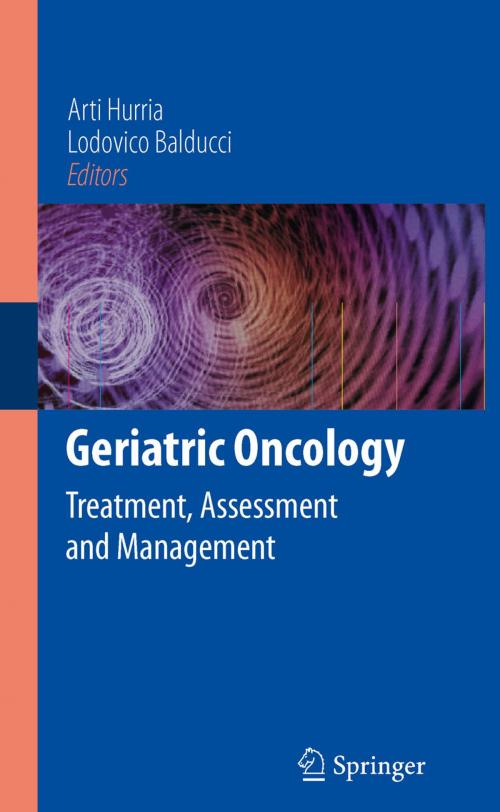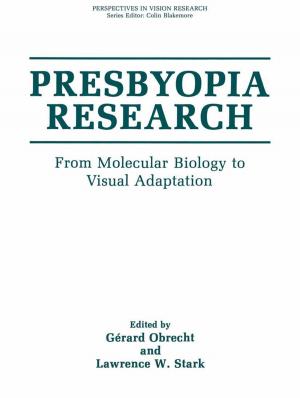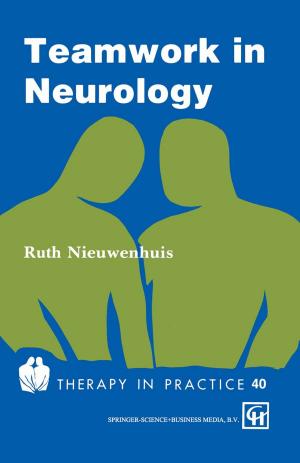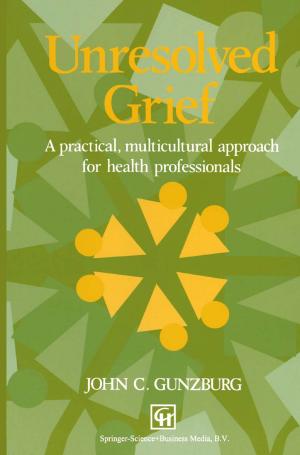Geriatric Oncology
Treatment, Assessment and Management
Nonfiction, Health & Well Being, Medical, Specialties, Geriatrics, Oncology| Author: | ISBN: | 9780387890708 | |
| Publisher: | Springer US | Publication: | July 14, 2009 |
| Imprint: | Springer | Language: | English |
| Author: | |
| ISBN: | 9780387890708 |
| Publisher: | Springer US |
| Publication: | July 14, 2009 |
| Imprint: | Springer |
| Language: | English |
Cancer and aging are integrally related. Cancer incidence and mortality increase with age, with most cancer diagnoses and deaths occurring in patients aged 65 and older. The aging of the Baby Boomer population, along with an overall increase in life expectancy, points to a doubling of the U.S. population over age 65 by the year 2030. This demographic shift, combined with the known association of cancer and aging, is expected to bring about a rapid growth in the older cancer-patient population. It is clear that geriatric principles must become part of oncology care. The evaluation and development of treatment recommen- tions for an older adult with cancer can be challenging for many reasons. Tumor biology and response to therapy are affected by age. In addition, age-related factors may impact treatment patterns, tolerance, and efficacy. These age-related factors include functional status declines, comorbid conditions, changes in cognitive function, weakening of organ function, decreases in physiologic reserve, and faltering social support.
Cancer and aging are integrally related. Cancer incidence and mortality increase with age, with most cancer diagnoses and deaths occurring in patients aged 65 and older. The aging of the Baby Boomer population, along with an overall increase in life expectancy, points to a doubling of the U.S. population over age 65 by the year 2030. This demographic shift, combined with the known association of cancer and aging, is expected to bring about a rapid growth in the older cancer-patient population. It is clear that geriatric principles must become part of oncology care. The evaluation and development of treatment recommen- tions for an older adult with cancer can be challenging for many reasons. Tumor biology and response to therapy are affected by age. In addition, age-related factors may impact treatment patterns, tolerance, and efficacy. These age-related factors include functional status declines, comorbid conditions, changes in cognitive function, weakening of organ function, decreases in physiologic reserve, and faltering social support.















